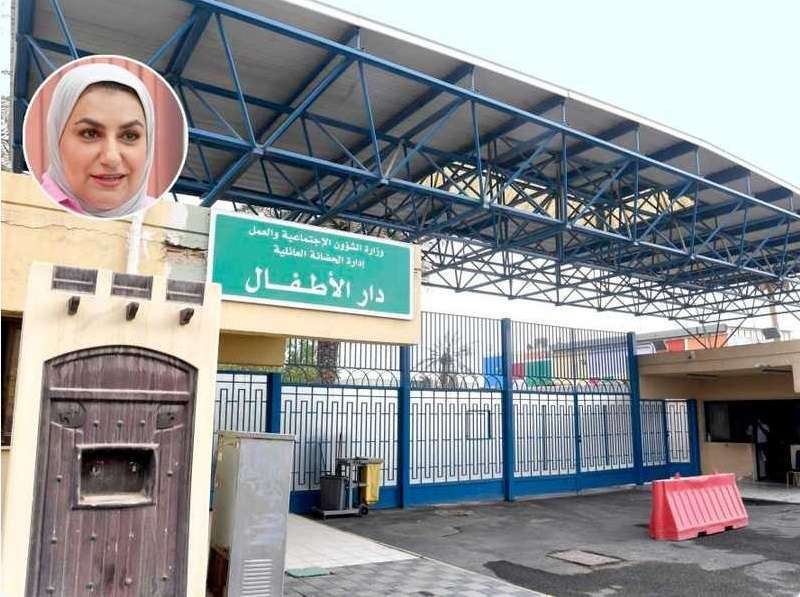The supervisor of the family nursery in the social care homes of the Ministry of Social Affairs, Iman Al-Enezi, Kuwait’s experience in approving the step of the “surrogate mother” in embracing orphans of the homes over the past 8 years has been successful and has effectively contributed to increasing educational attainment and emotional stability for these children.
Iman Al-Enezi told a local Arabic daily there are currently 6 surrogate mothers, who were chosen with great care and underwent personal interviews and psychological assessment tests, to identify their ability to keep pace with the lives of children in nurseries, and their potential to embody their positive role as surrogate mothers.
Al-Enezi said: “We have observed many positives about the presence of surrogate mothers, over the past eight years, as they are currently raising 22 children in what she called ‘independent’ homes within the Children’s Home Department equipped with all necessities required to help them live next to the children.”
She stated that among the positive aspects of their presence is raising the level of children’s educational attainment in schools, expanding the perceptions of assimilation and intelligence, in addition to introducing them to the customs and traditions of the Kuwaiti society and the ability to communicate with others and help them realize their future dreams.
Al-Enezi pointed out that the surrogate mothers spend most days of the week with the children of the home, and each surrogate mother takes in about 6 children around the clock for 5 days and goes out on vacation for two days.
She pointed out that the surrogate mothers are real mothers for the children of the home and provide them with full care, kindness and tenderness and pride the children all they lack and support them psychologically, morally, socially, educationally and healthily.
Al-Enezi stated that one of the conditions for choosing surrogate mothers is that they should not be less than 35 years old, should be of Kuwaiti, Gulf nationality or ‘bedoun’, in order to master teaching children Kuwaiti customs and traditions and the correct local dialect, and to have a high minimum high school certificate and practical experience in Childcare or similar education.
She said that the “surrogate mother” is an important project that has a clear imprint on the development of children’s skills, and “many parties have supported the project financially over the past years, the most important of which is the Awqaf Secretariat, which supported the project’s budget and ensured the payment of its rewards and the salaries of the surrogate mothers.”
Al-Enezi explained that the family nursery provides children in the care homes a variety of different services that meet all their needs, starting with playgrounds, hand games, educational boards, the theater, in addition to the cinema hall.
She pointed out that nurseries contain a group of equipped and private homes for each surrogate mother and her children, including a set of rooms and contents that any family provides for their children.
Advantages of implementing the idea
— Raising the educational level and academic achievement of children
— High level of societal awareness of children
— Providing moral support and social and psychological care
Despite the importance of the project in supporting children in care homes, the Civil Service Commission did not provide a title or cadre for the Ministry of Social Affairs that would allow it to employ female citizens and others in this field.
In order to overcome the issue and achieve the best results for children in care homes, the General Secretariat of Endowments financially supported the surrogate mother project, providing the required needs and the monthly salaries of female workers within the project due to its importance.

